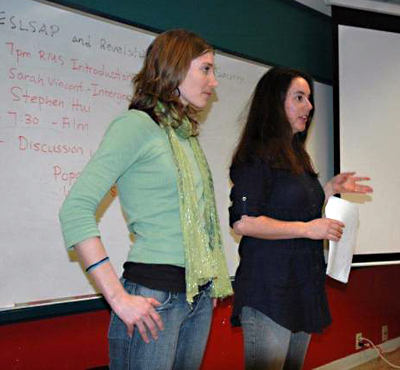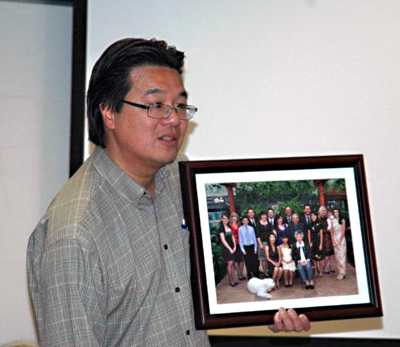
By Laura Stovel
Canada Day will never be the same for me again. On Wednesday, at a film night organized by the Revelstoke Multicultural Society, I learned that on Canada Day, 1923, the Canadian government began to enforce the Chinese Immigration Act, which excluded anyone of Chinese ethnicity from immigrating to Canada. For many Chinese Canadians, July 1 became a day of humiliation, not of pride. The Act, known by many as the Chinese Exclusion Act, was not repealed until 1947.
The film, In the Shadow of Gold Mountain, conveyed powerful stories told by Chinese immigrants and their family members who were affected by the Chinese Head Tax and exclusion laws. These discriminatory laws, which were leveled only at people of Chinese decent, ensured that most Chinese immigrants at the time could not bring their wives and families, resulting in extreme hardship for all concerned. In the late 1800s and early 1900s, the Chinese called Western North America “Gold Mountain” because of the opportunities provided by the gold rush.
The film was the first in a monthly series of free films about immigration and immigrants organized by Amaiur Unzueta and Miriam Manley of the Multicultural Society and supported by BR Whalen of Okanagan College’s English as a Second Language (ESLSAP) program.
Unzueta and Manley are, themselves, new immigrants; Unzueta received notice that she achieved permanent residency only last week. They felt that a film series about immigrant experiences would educate people in Revelstoke, allow them to share their experiences, and promote dialogue about immigration in our community. “We saw in Revelstoke that many people come from different places and we wanted to do something cultural,” Unzueta said.

Bringing the film closer to home, Pharmasave owner, Stephen Hui, spoke about his family’s struggles as they immigrated to Canada. Hui’s great grandfather on his mother’s side had to pay a $500 head tax to bring his son, Hui’s grandfather, over from China. He describe the tough times, but also the good people who helped his family. One good person was a woman named Mrs. Moody who used to bring the Hui children candy when she shopped at their nursery in Surrey. Mrs. Moody said she had a son, Murt, in Revelstoke who owned a pharmacy. In 1983, Stephen graduated with a pharmacy degree at UBC and a year later Murt Moody phoned him and offered him a job at Donaldson’s Drug Store on MacKenzie Avenue. “The Moodys were wonderful mentors, Hui said. “They treated me like a son.” In 1987, Hui bought the pharmacy from Moody.
“It was not easy in the ‘50s and ‘60s. Back then people assumed that everyone had to assimilate. Now we have multiculturalism” and people’s differences are celebrated more, he said, citing the example of the Chinese New Year lunch organized by the Revelstoke Museum and Archives.
Revelstoke Museum and Archives curator, Cathy English, was also present and spoke about the history of Chinese immigration in Revelstoke, which first began with the construction of the railway. She also highlighted the considerable resources and expertise that the museum has compiled relating to the early Chinese residents in Revelstoke.
The next film in the series will relate to the Italian immigrant experience in Canada.



